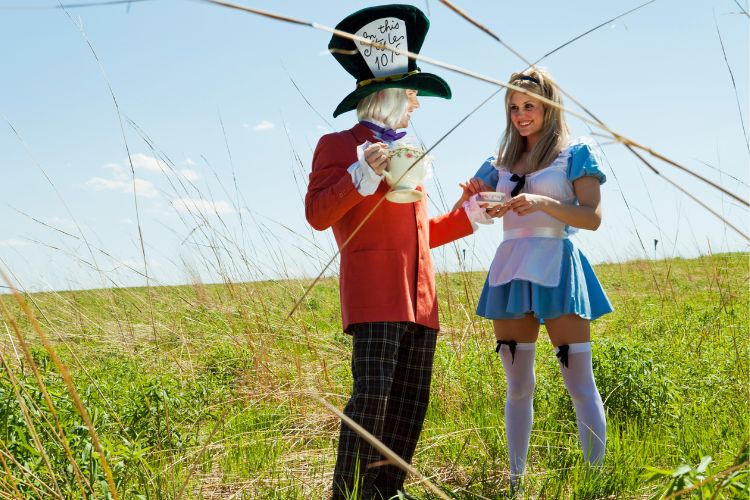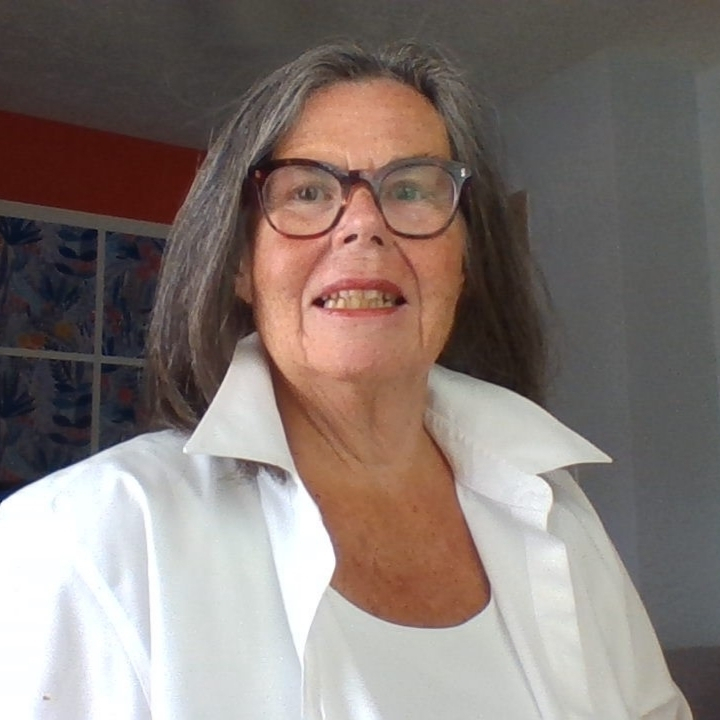“You don’t stop having fun when you get old, you get old when you stop having fun.” Anonymous
So are you old or are you having fun? And you know you’re having fun when time flies!
When we’re young, time seems to fly by when we’re playing — no one wanted to go home when it got dark outside. I’m sure you would agree that having fun is a pleasurable experience. Or maybe it’s the other way around. When we’re doing something fun, we feel pleasure. Brains are wired to seek pleasure. The release of some hormones triggers the feeling of pleasure in our brain. New experiences trigger the release of feel good hormones.
When we’re very young, our life is one of eating, sleeping, pooping and exploring new experiences, known as playing. As time goes by, our culture imposes barriers to playing all the time — family norms, school norms, and work norms. Sometimes play and fun get squeezed out all together. And at our age, there are still lots of admonishments to “act your age.” There’s a disconnect between fun and the culturally defined way an old person is supposed to act.
Remembering that time flies when you’re having fun. How often have you truly had fun in the last week?
The older we get, the more things we’ve seen, done and experienced. The pleasure hormone triggered by new experiences happens less frequently. If we’re not careful, much of the feeling of fun can go out of our lives unless we make a conscious choice.
“I’m going to keep having fun every day I have left. You just have to decide whether you’re a Tigger or an Eeyore.” From Randy Pausch’s Last Lecture.
I would caution you against labeling hours in front of your TV, binging Netflix, or scrolling on your phone as fun. Yes, those activities give us a hit of the feel good hormones, dopamine and serotonin. They lack some hallmarks of True Fun as defined by Catherine Price.
True Fun, according to Price, occurs on those occasions when we experience playfulness, connection, and flow simultaneously.
As you looked back over your last week, what stands out about the experiences you recognized as fun? Make a list of the people and activities that stand out as fun for you. As you look over your list, you’ll have a gut reaction in terms of whether you’re having as much fun as you’d dreamed you would in retirement. I’m guessing it is “high five” or regret.
Losing the habit of having fun. It especially makes sense when you think about all the other priorities that get in the way of fun between childhood and retirement.
The good news is having fun and being fun are habits. We can rekindle the habit of having fun most of us had in spades when we were very young.
We may be past the stage when we felt fun took money, elaborate planning and/or too much time. Check in with how you feel when you think it’s time to recapture your inner Tigger. You may think you’ve done all you want to do and seen all you want to see. Life has made the boundaries of fun smaller and smaller. We feel some discomfort at the idea of taking fresh adventures, learning new things and trying some activities for the first time.
Adventures involve first time activities or old activities done in a new way. Remember, your brain releases feel good hormones when you engage in new or novel activities. Those hormones can create the feeling of fun in your body and bring back the feeling of time flying by. And again, at this stage, there’s no such thing as too much fun. Life will always be 50/50 and unless you’re having fun over 50% of the time, you’ve still got room for more.
The tricky part is identifying what is fun for you and who do you have fun with. If you play golf, does time fly by while you’re playing? If you volunteer, does the time typically fly by? While you may get the same sort of pleasure hits from screen time, it’s not True Fun.
We create our strongest memories when we’re having fun, according to research. If your screen time is truly fun, what are your memories of the time? Do you feel as though you were investing the time or merely passing time?
And fun is all in your head. Having more fun and being a fun person are all within your control. Try challenging yourself to create some fun every day for 30 days. If that seems unrealistic or improbable, remember fun, both having fun and being fun, contribute to our overall feelings of well-being.
When you sit quietly with yourself for a moment and contemplate committing to fun every day for 30 days, what excuses or objections come up for you? You want to believe those thoughts. Ask yourself if they’re true and if you’re sure.
“I often try to think of six impossible things before breakfast.” Alice in Wonderland
Trying new things that your brain initially reacts to as impossible can lead to fun outcomes.
If you think you’re not the fun person, is that true? Can you identify someone you know or know of who you think of as fun and mimic how they are fun? The aim is to be absorbed in an activity, even for a short amount of time, that time seems to fly by.
If, like me, you also enjoy having fun with others, make it happen. Organize an outing, get folks together to play a game, or go for a walk. And be open to always saying ‘yes’ when offered an opportunity. If it sounds like fun, take a chance and do it.
At this stage, it seems the definition of fun activities changes somewhat. Maybe you said ‘yes,’ you showed up with an open mind believing that it could be fun and it didn’t turn out the way you’d hoped. Well, you’ve actually learned something about how your likes and dislikes have changed.


